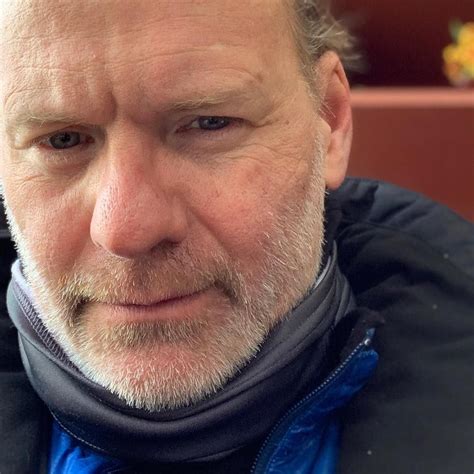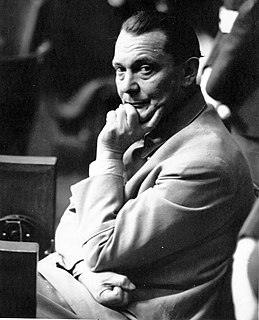A Quote by Stephen Kinzer
Was Castro sincere when, during his guerrilla war, he swore that he was not a Communist? If so, when did he change, and why? Looking back, does he believe he might have chosen a better course?
Related Quotes
Why does the guerrilla fighter fight? We must come to the inevitable conclusion that the guerrilla fighter is a social reformer, that he takes up arms responding to the angry protest of the people against their oppressors, and that he fights in order to change the social system that keeps all his unarmed brothers in ignominy and misery.
We fought a military war; our opponents fought a political one. We sought physical attrition; our opponents aimed for our psychological exhaustion. In the process we lost sight of one of the cardinal maxims of guerrilla war: the guerrilla wins if he does not lose. The conventional army loses if it does not win. The North Vietnamese used their armed forces the way a bull-fighter uses his cape to keep us lunging in areas of marginal political importance.
The death of Fidel Castro, of course, is not as significant when you first look at it, because Raul Castro, his brother, has been in power for years. But, in fact, he's been a looming figure even during his illness that I think has made a difference in holding us back in trying to open up more negotiations and move ahead with opening up relations between America and Cuba.
The Catholic Church spends a lot of time in very poor countries trying to recruit and spread the Gospel. Let me put it that way: The pope is simply saying...? Has he ever said that Mao Tse-tung, that Fidel Castro, that Raul Castro, any other communist is not a Christian? Why Donald Trump? 'Cause Trump wants to build a wall?
I went through the communist children's movement at the age of nine, in 1930, and into the Young Communist League in 1936. The Spanish civil war brought me back. I'd already broken with the communists - or the Stalinists, more precisely - in 1935. But the civil war in Spain and the desire to aid the remarkable people struggling against Fascism brought me back to the Young Communist League, so that I could effectively participate, however far removed from Spain, in their struggle. By 1938 I was ready to be expelled. By 1939 I was expelled.


































